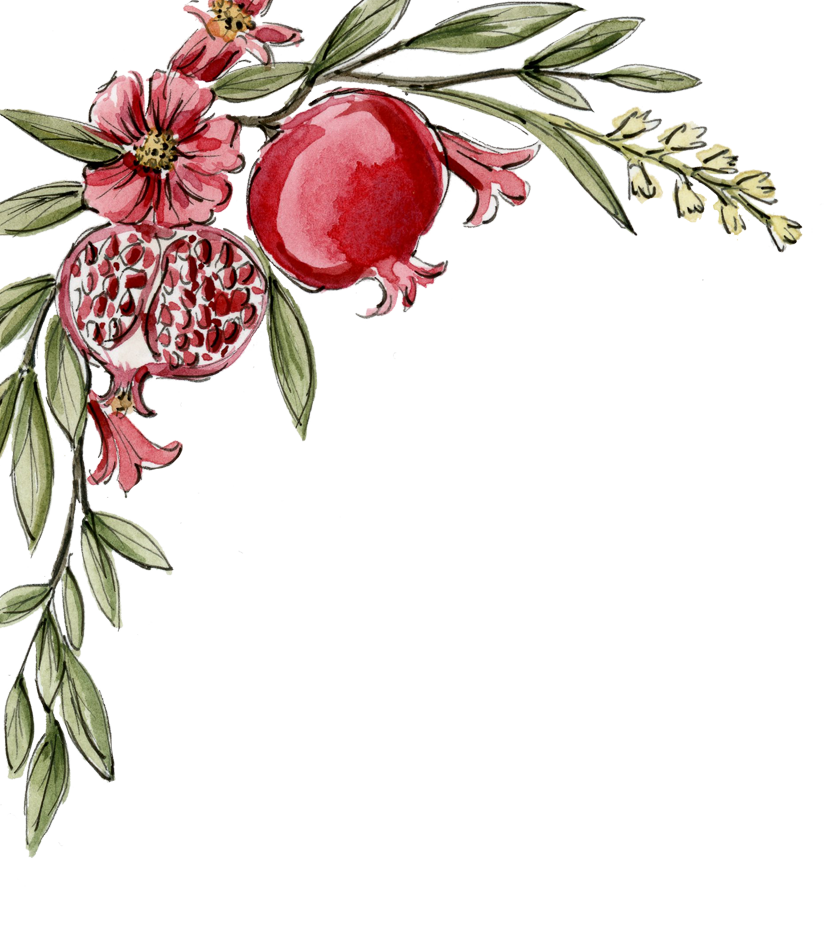


FAQs
Question
What's the dress code?
Answer
Cocktail attire, please. That said, our ceremony will be on grass, so ladies may want to wear to flats or wedges.
Question
Is there transportation to and from the hotels to the service?
Answer
Yes, check out our Travel page for all the info you need.
Question
Can I bring a plus one?
Answer
Unfortunately, we can only accommodate guests named on the invitations.
Question
Are kids invited?
Answer
Due to the venue's limited capacity, we're unfortunately not able to host kids at the wedding. We'll update this space with information on childcare soon.
Question
What is a Tisch?
Answer
Tisch is the Yiddish word for "table," and is a festive pre-wedding reception where the groom-to-be attempts to deliver a short Jewish lesson while participants take shots of alcohol, eat, and interrupt the groom by singing songs together. Upbeat Jewish songs are customary, but Disney, college fight songs, and show tunes are fair game as well. Traditionally, the groom is not allowed to proceed with the marriage until he is able to finish the lesson, setting up a good-natured ttrial by fire before the full wedding event can proceed. Scott's tisch is gender inclusive - all are welcome to attend both the tisch and kabblat panim.
Question
What is a Kabblat Panim?
Answer
Kabblat Panim literally means "receiving of faces" but refers to the pre-wedding reception for the bride where guests may greet Allie and offer her well wishes before the ceremony, and partake in appetizers and drinks. Traditionally some guests also ask the bride for a blessing as well, as she is considered particularly holy on her wedding day. Allie's kabblat panim is gender inclusive - all are welcome to attend both the tisch and kabblat panim.
Question
What is a ketubah?
Answer
The ketubah is a written Jewish marriage contract between spouses that outlines the obligations of each partner. It is signed by both, along with a rabbi and witnesses. Traditionally, the ketubah hangs over the married couple's bed. While traditionally the ketubah is signed in a private ceremony before the wedding, Scott and Allie have opted for a public ketubah signing so that all guests may observer and participate in the ceremony.